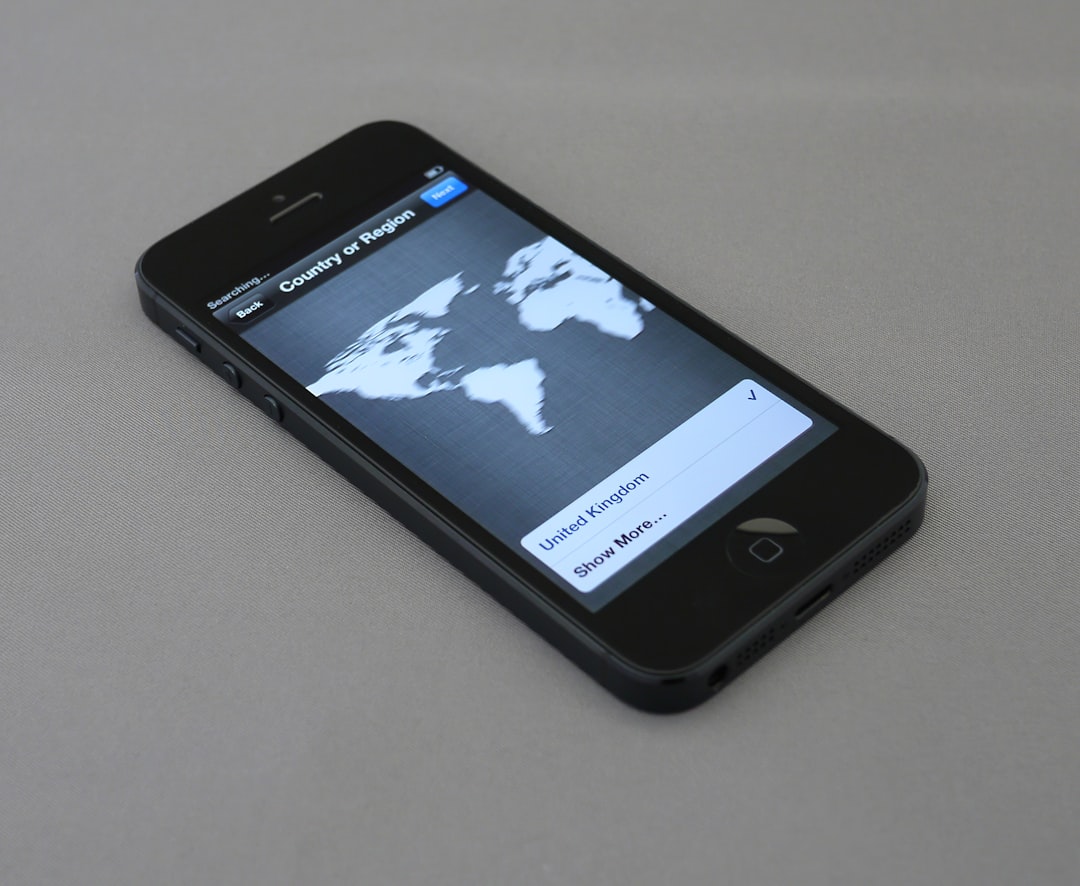In a groundbreaking update, Apple has quietly enabled the ability for users to set WhatsApp as their default calling and messaging app on iPhones. This marks a significant shift in the iOS ecosystem, traditionally known for favoring native apps such as Phone and iMessage. The update is being lauded by users who rely heavily on WhatsApp for both personal and professional communication, and it reflects Apple’s evolving stance on user choice and third-party integration.
Previously, iPhone users were tethered to Apple’s own suite of apps for core functions like calling and messaging. While third-party apps like WhatsApp could be used, they were always secondary to native iOS options. However, the latest iOS update has changed that dynamic, offering users more flexibility and control over their communication preferences.

What Does This Mean for iPhone Users?
This new capability allows iPhone users to:
- Initiate WhatsApp calls directly from the Phone app interface
- Set WhatsApp to handle SMS-style messaging by default
- Use Siri to send messages and make calls via WhatsApp by default
- Tap a number in Safari or Contacts and automatically use WhatsApp instead of the native Phone app
To enable this feature, users need to go to Settings > Default Apps and select WhatsApp under both the Default Calling App and Default Messaging App options. It’s a quick change that opens up deeper integration and usability for millions of WhatsApp users globally.
Why This Is a Big Deal
The move is part of a broader push toward interoperability and user choice in mobile ecosystems. For years, Android users have enjoyed the ability to set third-party apps as defaults. Apple’s decision to allow similar functionality on iOS is a direct response to antitrust concerns and increasing demand for customization.
WhatsApp, owned by Meta (formerly Facebook), is one of the most widely used messaging apps in the world, boasting more than 2.5 billion users. Its deep integration in iOS now not only meets user preferences but also fosters greater competition among messaging platforms, a point regulators have long pressured Apple to address.
Privacy and Security Considerations
Apple has made it clear that despite this new functionality, user privacy remains a top priority. iOS sandboxing remains intact, and app permissions continue to function as expected. In other words, even though WhatsApp can now be the default app, it still cannot access data from other applications unless explicitly permitted by the user.
WhatsApp itself is known for using end-to-end encryption, making it one of the most secure communication tools available. With Apple’s tight security policies and WhatsApp’s privacy features, users can utilize this new feature with full confidence that their communications will remain private and secure.
What Developers and Businesses Should Know
This change also opens the door for businesses and developers who build customer support tools and CRM systems integrated with WhatsApp. The preference for WhatsApp as a default app simplifies workflows and enhances the customer experience, especially in regions where WhatsApp is already the dominant mode of communication.
Developers are encouraged to update their apps to support WhatsApp’s new API integrations, allowing deeper and more seamless interactions with iOS defaults. This includes utilizing WhatsApp’s URI schemes and deep links for actions like send, call, or chat directly from an app’s interface.
Limitations to Be Aware Of
Despite the enthusiasm, it’s worth noting there are still some limitations. For example:
- All Apple devices must be updated to the latest version of iOS to access this feature
- Calls placed through WhatsApp still rely on an active internet connection
- Some carrier-specific features like voicemail still default to the native Phone app
These limitations might not affect the average user significantly but are important to understand for those who rely on more advanced iOS-native calling features.
Conclusion
Apple’s decision to allow WhatsApp as the default calling and messaging app represents a major shift in its approach to third-party app integration. This long-awaited functionality is a win not just for users, but also for the larger tech community advocating for digital freedom and interoperability. With privacy features still intact and usability greatly enhanced, there has never been a better time for WhatsApp users to embrace the full capabilities of this popular communication tool on iOS.